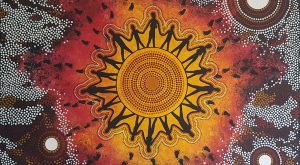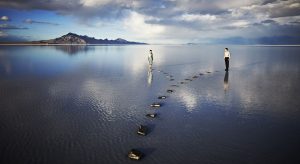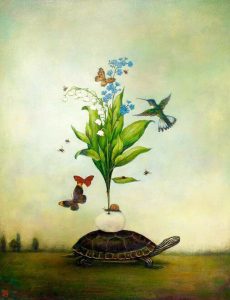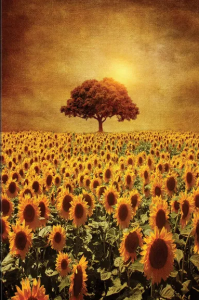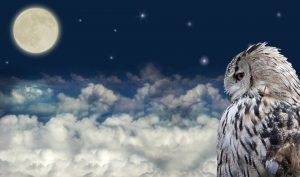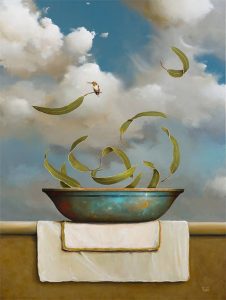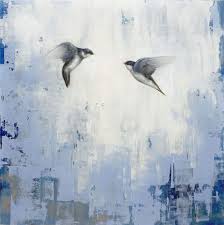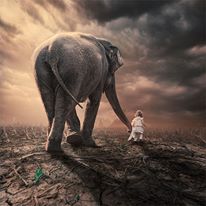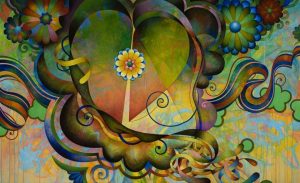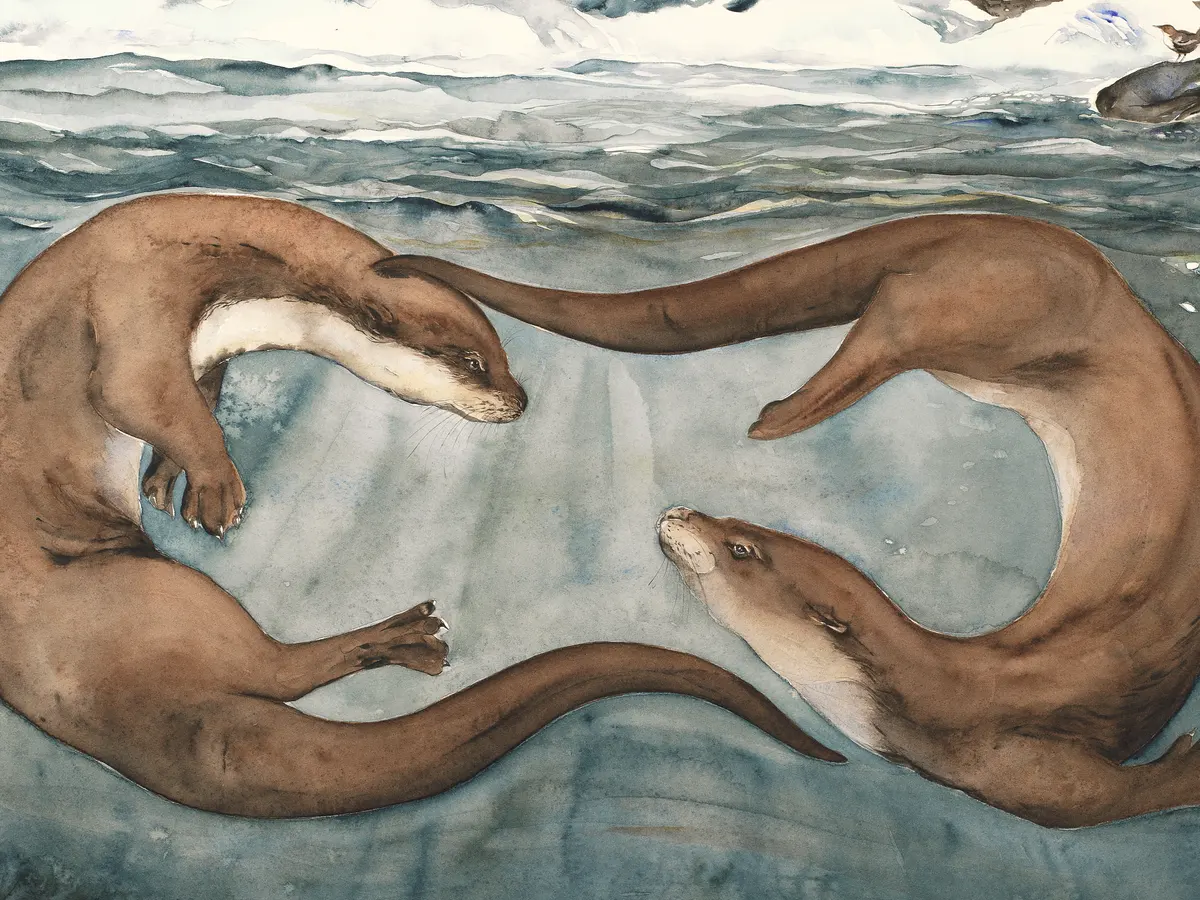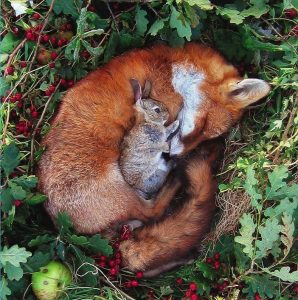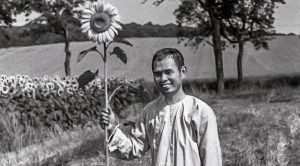 The Yogabliss, Your Heart Life on-line Moving into Meditation classes met this morning. In meditation, we focused on the experience of stillness in the body. We experienced movement of body, heart and mind in the still space of kind attention.
The Yogabliss, Your Heart Life on-line Moving into Meditation classes met this morning. In meditation, we focused on the experience of stillness in the body. We experienced movement of body, heart and mind in the still space of kind attention.
Observing how life moves through us we can know impermanence, uncertainty and also our inter-relatedness. In time and the kinship of loving awareness, we may come to know what is needed. This is how we begin to work with what we are given.
We drew inspiration from Jane Hirshfield’s poem, Rebus. The poem is from her 2002 collection, Given Sugar, Given Salt. It touches on how we respond to life and how we become our choices. It invites us to feel life’s sorrows. Our only certainty is all is subject to change. It invites us to enter life’s questions and at the same time enter each moment unadorned.
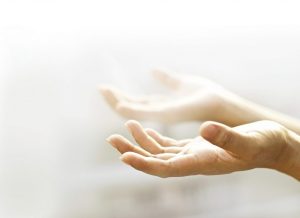 We also drew on Larry Kramer’s book, Insight Dialogue. The book offers a relational and social understanding of traditional Buddhist teachings. Insight Dialogue involves developing mindfulness and tranquility together. Students reflect on present moment experience with guidance from a topic such as change, kindness, death, or doubt. You can learn more about this relational practice at Larry’s web-site.
We also drew on Larry Kramer’s book, Insight Dialogue. The book offers a relational and social understanding of traditional Buddhist teachings. Insight Dialogue involves developing mindfulness and tranquility together. Students reflect on present moment experience with guidance from a topic such as change, kindness, death, or doubt. You can learn more about this relational practice at Larry’s web-site.
We ended with a from Alla Bozarth’s book, Lifelines: Threads of Grace through Seasons of Change. Alla is a poet, Episcopal priest and “soul caregiver.”

